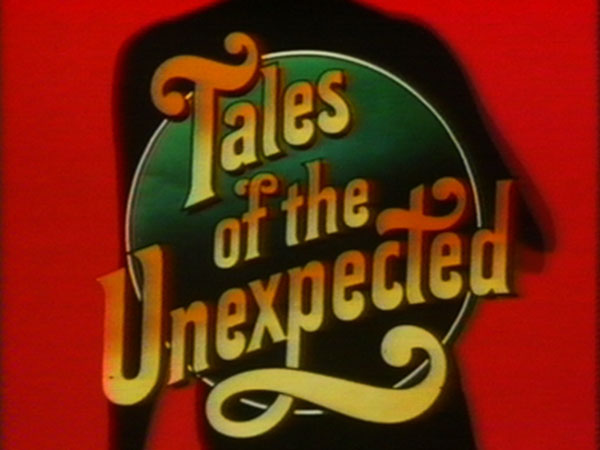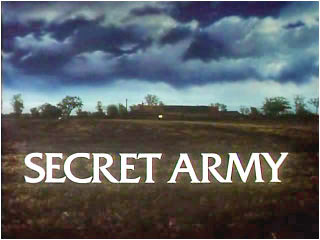A recent lucky find in a second-hand bookstore led to this review for I happened upon a rather dog-eared paperback copy of an anthology of Roald Dahl’s short stories with this same name.
It immediately brought to mind the wonderfully evocative opening titles and theme music which I simply had to pull up on YouTube as soon as I arrived home. And as I’ve explained in one or two other pages on this website, it was another fine example of a theme tune instantly transporting me back a few decades to a time when I’d be heading up to bed just as this atmospheric piece of music (written by Ron Grainer, whose other TV credits include Doctor Who and The Prisoner) filled the living room with the promise of must-see entertainment for my parents.
The stories in the book are a selection from two earlier collections Someone Like You and Kiss Kiss published in 1953 and 1960 respectively and as with all Roald Dahl writing, they are a delight to read.
A writer of short stories myself, I know the joy to be gained from managing to craft a tale that culminates in a gob-smacking twist that the reader didn’t (hopefully) see coming and Dahl was truly a master. On top of this, his narratives are often erudite, frequently dark but always, always entertaining.
The television series ran from 1979 – 1988 during which there were 112 episodes and while I’ve only seen a small number of these, I get the impression from my research that – like so many TV shows – the earlier episodes are the ones to see. The first two seasons were, for the most part, adapted from Dahl’s stories and the author even appears at the beginning of these shows to introduce what you are about to see and to offer a brief explanation as to what inspired him to write it.
And there really are some delights to be had here. Of course, it’s impossible to explain in any detail what the stories are about without giving away or at the very least hinting at the final “twist” but I will say this; for a half hour TV show, you could watch a lot worse. And there is great variety in his situations too which add to the overall interest. Two of my favourite episodes from the first season are Neck – a story about an art lover and his disrespecting, adulterous wife and The Landlady – about a young man from London who arrives at a bed and breakfast in Bath run by a taxidermist.
The series attracted some high profile actors along the way too and the guest stars included a veritable who’s who of Pinewood as well as Hollywood – Joseph Cotton, Derek Jacobi, Joan Collins, John Mills, Janet Leigh, Rod Taylor, John Gielgud and Denholm Elliott to name just a handful. While the episodes may have been produced on modest budgets (something that certainly by today’s standard is quite obvious) there’s no doubting that the talent was there in the acting and writing departments.
So, if you are unfamiliar with this TV show – go on, give it a look. There are worse ways of spending half an hour. And I almost guarantee you’ll be humming the theme tune for the rest of the day.





